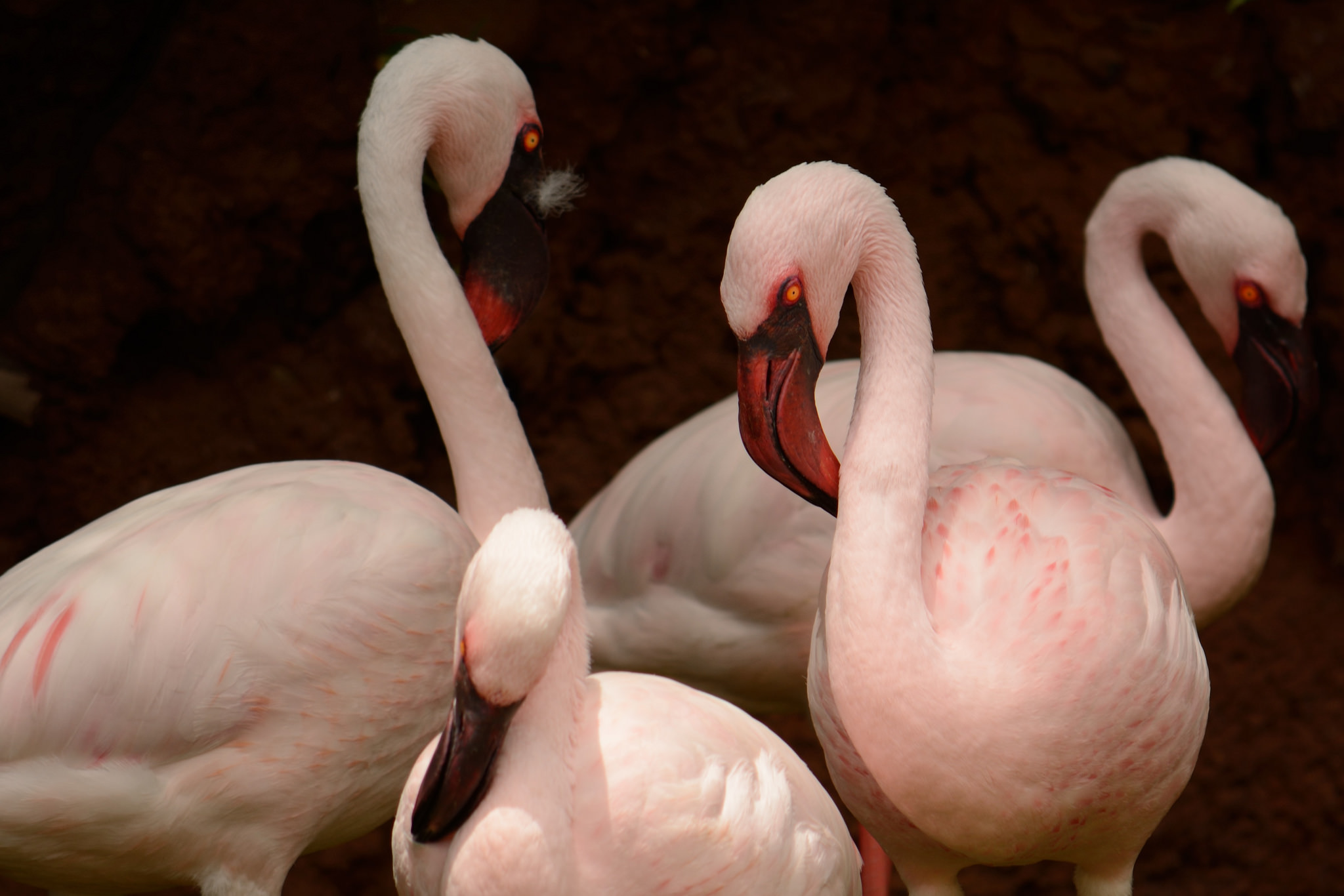Before we delve into the posts we’re reading and loving elsewhere on the internet, don’t miss our most popular post last week…the latest dispatch in Natalia Antonova’s #WednesdayWisdom, on how to avoid killing your families during the holidays.
And subscribe to the Global Comment podcast on iTunes or Soundcloud.
And hey: Much like public radio, we’re listener supported. If you enjoy our work, please consider supporting us with a one time or recurring donation.
In Brazil, Animals Cross a Road of No Return (Rebecca Boyle for the New York Times)
Thousands of animals die every year on a road that slices through the Brazilian landscape, an incalculable blow to biodiversity in one of the most unique ecosystems on the planet. Can Brazilian authorities come up with a way to protect wildlife?
In the United States, fences, underpasses and bridges have been built along interstate highways to reduce collisions, which are costly for drivers and animals alike. In Wyoming, wildlife conservationists tracked pronghorn antelope to determine their favorite crossing spots, and then built sagebrush-lined bridges for the animals. In Colorado, a network of underpasses and bridges over a mountain highway has reduced collisions by 90 percent.
Chardon, Ohio (Libby Copeland for Esquire)
While mass shootings fade quickly from the headlines, their impacts on communities linger on for years as people come to terms with lost loved ones, perceived missed chances, and moving forward in a world of dangers. We should be seeing more lookback journalism like this exploring what shootings do to communities in the long term.
Six years ago, on a Monday morning in late February, at about 7:30 a.m., a seventeen-year-old boy opened fire in the cafeteria of Chardon High School. Three boys were killed: Demetrius Hewlin and Daniel Parmertor, both sixteen, and Russell King Jr., who was seventeen. A seventeen-year-old boy named Nick Walczak was paralyzed. The shooter is in prison for life.
Eating to America (Naz Riahi for Longreads)
As a new immigrant to the US, Riahi felt at sea. Food helped her find her way into America, but it also furthered the divide that reminded her she might never go home again.
In the last awful year in Iran, I’d grown even closer to my tight knit family. Baba was mostly imprisoned in Tehran, so Shee Shee and I spent much of our time away from our house in Karaj, living between my grandparents’ and my aunt’s apartments. I’d stopped going to school so that we could make impromptu visits to Evin prison whenever we were called by the authorities to come. While Shee Shee was entirely consumed with Baba, with trying to save his life, I was fed, loved, soothed and cared for by her parents, her siblings and her friends. Within a few days into our new life in the U.S., I knew I would trade all that was bright, delicious and abundant in America to go back home. Back to them. Back to our little house.
‘No One To Talk You Down’ (Christie Thompson and Taylor Elizabeth Eldridge for the New York Times and the Marshall Project)
The prison system is the largest mental health provider in the United States. That comes at a high cost.
Although hiring and retaining mental-health staff is a challenge for all prisons, it can be especially difficult for remote facilities. A recent study published in the American Journal of Preventive Medicine found that about half of rural communities in the United States don’t have access to a psychologist, and 65 percent don’t have a psychiatrist.
Trapped in the Fire Zone (April Glaser for Slate)
While many raced to get out of the path of Northern California’s deadly Camp Fire, some chose to stay — or were trapped there — and are living in a strange twilight zone.
No one knows how long the evacuation order will last. Wildblood and her husband have been trapped on their property for more than a week, knowing that if they’re caught away from their home they could be forced to evacuate indefinitely. “The only phone call we got was from PG&E the day before saying there is high fire danger. There’s going to be high winds, and we may turn off the power,” Wildblood said as we chatted in the Evanses’ kitchen. “That never happened. If they had done that, this fire wouldn’t have happened.” The Wildbloods are leaving Concow this week, in part for Thanksgiving and in part because they’ve run out of gas for their generators. They don’t know when they’ll be able to return.
Photo: Daniel Ramirez

